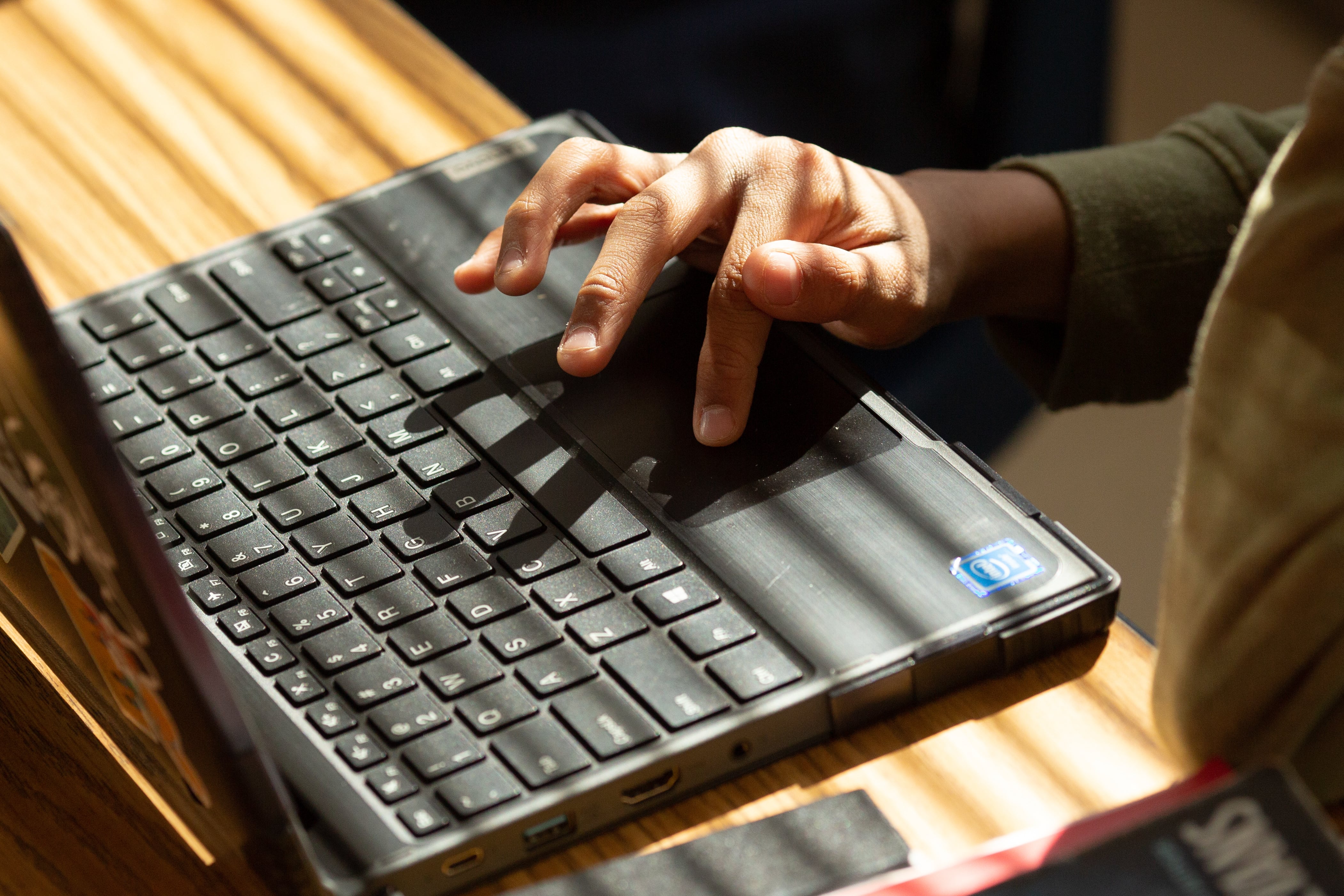New York City’s education department is hitting pause on a sprawling effort to count up electronic devices in all schools and central offices, officials confirmed this week.
The yearlong project, launched last June, had reached just half of city schools before it stopped on March 20. The effort involved 26 teams of five people each who were supposed to visit all district and charter schools and central offices to count up all kinds of technology. That included tablets, laptops, desktop computers, printers, and smartboards.
The novel effort — known as the Central Inventory Project — came after the city had purchased an estimated 725,000 devices over the course of multiple years for remote learning during the pandemic, costing about $360 million.
The ultimate goal of the project was to help schools conduct annual inventories on their own, officials said. But they halted the project last month because of feedback from schools and a decision to review the information they’ve collected so far, according to a department spokesperson. The spokesperson added that the project would not be done by the end of the school year, as originally planned.
She did not immediately share what sort of feedback they received from schools. In a recent newsletter to its members, the Council for Superintendents and Administrators, or CSA, wrote that they shared school leaders’ “negative experiences” from the project with the education department, and “ensured that principals would not be disciplined or penalized for missing devices.”
“Since the project was announced, we escalated school leaders’ concerns about the potential disruptions these visits might cause and shared our opinion that the time and money involved would be better spent elsewhere,” said Craig DiFalco, a spokesperson for the union.
Officials will review the data they’ve collected so far “before determining how and when the project may proceed,” the education department spokesperson said.
Educators who previously spoke with Chalkbeat praised the effort to find schools devices — a key concern of former City Comptroller Scott Stringer, who noted in multiple reports that the department failed to have a centralized tracking system for computer hardware. Many of the 725,000 devices purchased for remote learning during the pandemic have been difficult to account for or track down, as they are supposed to follow the student from school to school, those teachers said.
However, they also shared that the project had hiccups. For example, students forgot to bring their iPads or laptops into school on the day of the scheduled inventory visit, and those devices were then marked as missing. One teacher in Brooklyn said a team that visited his school failed to count up any of the printers in his room.
Both teachers also noted that leaving the inventory process to schools can be hard on staff, especially when there is no technology coordinator on site.
Reema Amin is a reporter covering New York City public schools. Contact Reema at ramin@chalkbeat.org.






